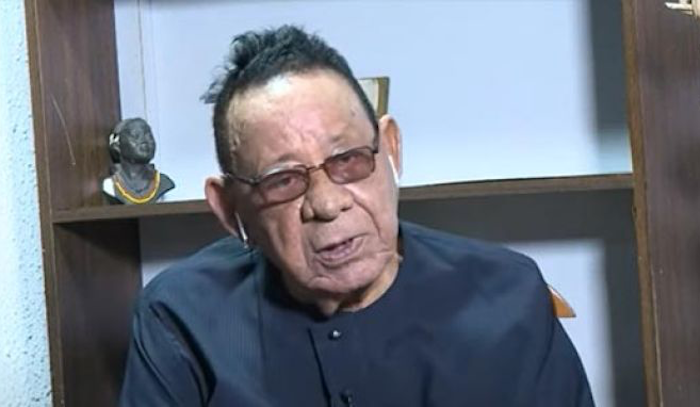Elder statesman Robert Clarke has called for a significant overhaul of Nigeria’s current governance system, advocating a return to the parliamentary system of government. In a recent interview with ARISE NEWS, Clarke expressed deep concerns about the state of Nigeria’s political landscape, highlighting systemic issues that, in his view, are stifling true democratic progress.
Nigeria Needs Systemic Change: Clarke’s Perspective
Clarke argued that the presidential system currently in place enriches the elite while leaving the majority of Nigerians behind. He suggested that the parliamentary system, where leaders such as the Prime Minister and President can be held accountable on the floor of the house, would foster more transparency and allow for greater public scrutiny.
He stated, “Nigeria should change its system of governance. We should go back to the parliamentary system where anybody can be accountable to the people on the floor of the house. The Prime Minister can be examined, and the President can be examined—not decisions made by party caucuses behind closed doors.”
Concerns Over Political Elite Domination
Clarke pointed out that the current governance structure disproportionately benefits the elite class. He described the political system as “faulty,” explaining that it has shifted power from the hands of the people into those of a select group of political elites. “The present set of governance in Nigeria is the problem we have. It enriches the pockets of the elite,” Clarke lamented, adding that the common man has been left out of the democratic process.
Challenges in the Political System
The elder statesman voiced his frustration with the increasing influence of money in Nigerian politics. Clarke explained that the current political environment requires significant financial resources to participate, which has led to a system where the “rich are getting richer” and the majority are left behind. He emphasized that elections in Nigeria are often marred by issues that erode public trust in the democratic process, such as armed banditry, kidnapping, and other forms of violence.
Proposed Reforms: Independent Candidates and Accountability
In addition to a return to the parliamentary system, Clarke advocated for the inclusion of independent candidates in Nigerian elections. He argued that the dominance of political parties, often controlled by elites behind closed doors, limits the representation of the broader populace.
“We have to allow independent candidates to fit into our system of governance. If we allow the parties to dictate, they will be created in boardrooms and tea rooms, leaving ordinary Nigerians without a say in the political process,” Clarke warned.
A Call for Leadership Accountability
Clarke believes that the parliamentary system would bring about a higher level of accountability in leadership. He envisioned a political system where leaders, including the Prime Minister and President, could be questioned on the floor of the house and held accountable by the people, ensuring decisions are made in the public eye rather than in secret party meetings.
“Nigeria is now wearing the tulle gown of armed banditry, kidnapping, and many other things,” Clarke said, painting a grim picture of the current state of affairs. He urged reforms that would restore the balance of power to the people and ensure that leaders are accountable for their actions.
